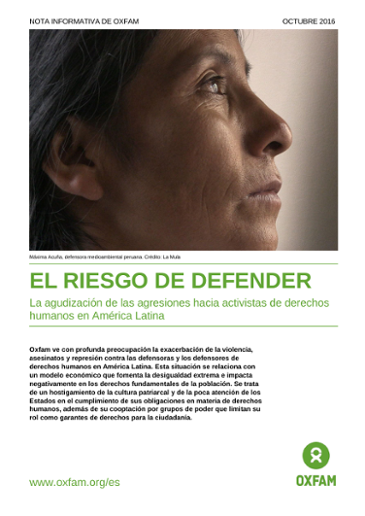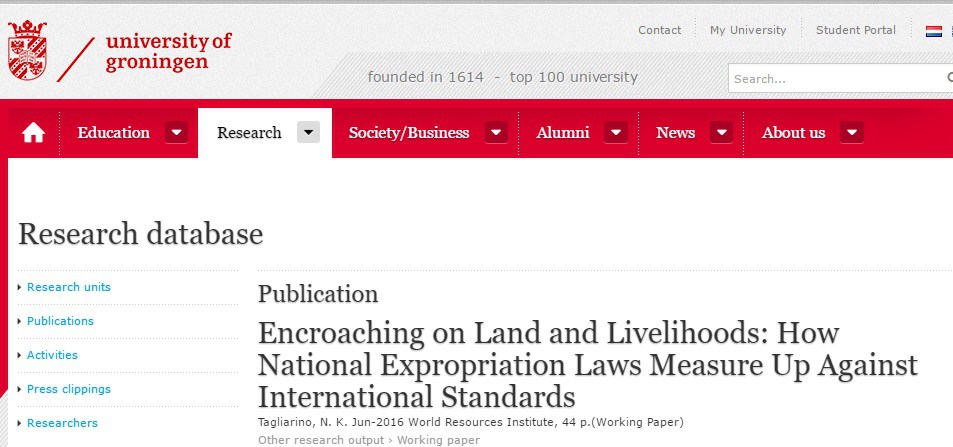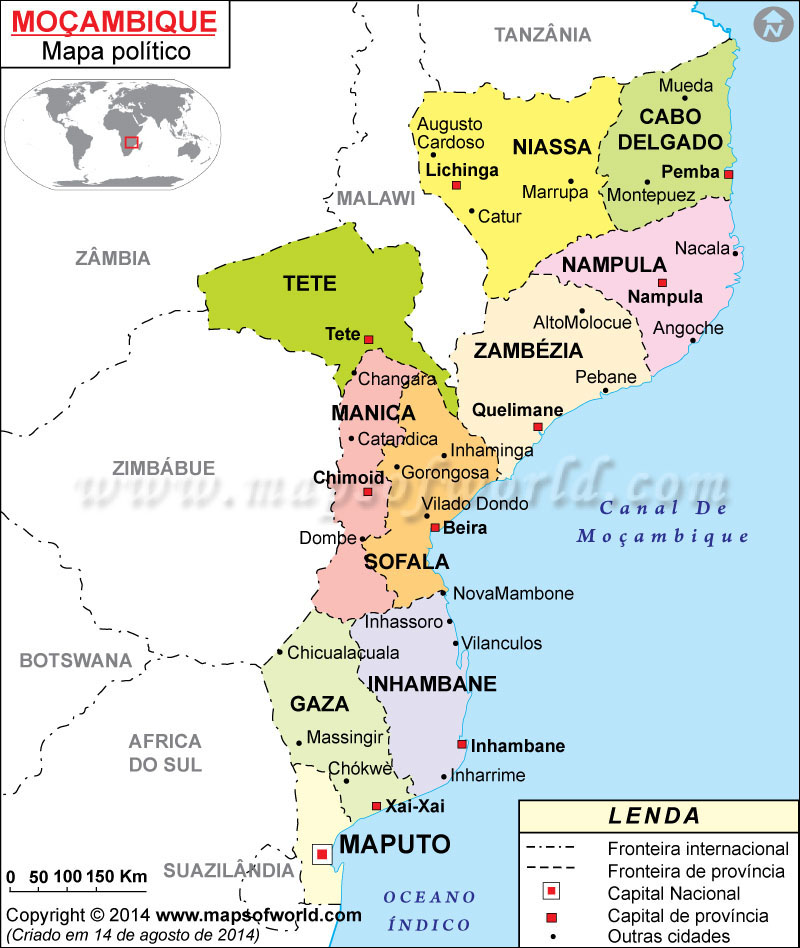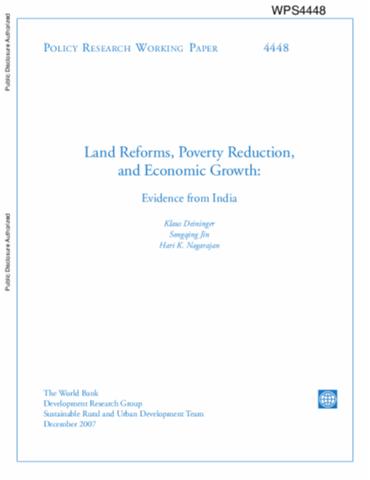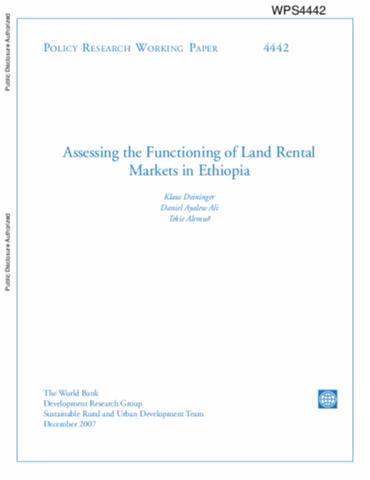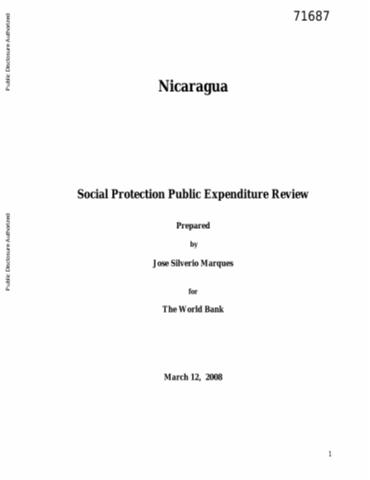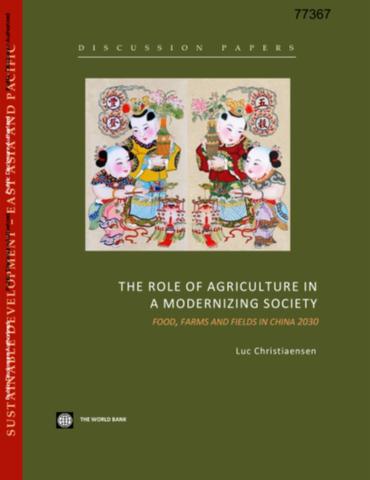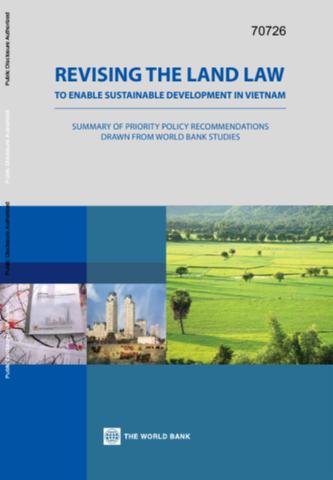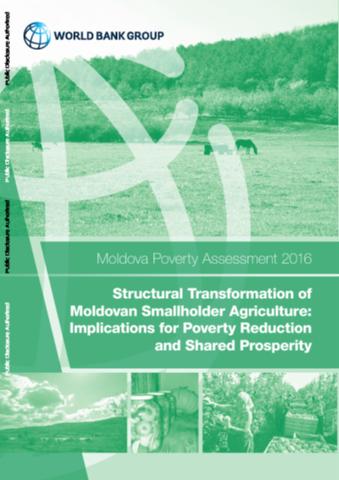Why Land Invasions will Happen Here too
Examines the current crisis in Zimbabwe, the land question in Zimbabwe and South Africa, the two land redistribution policies compared, poverty and the rule of law, populist policies and land invasions. Argues that despite the differences between South Africa and Zimbabwe, land invasions could occur in South Africa because of the failure to address deepening rural poverty and the continuing emotive issue of highly unequal and racially skewed land distribution.


